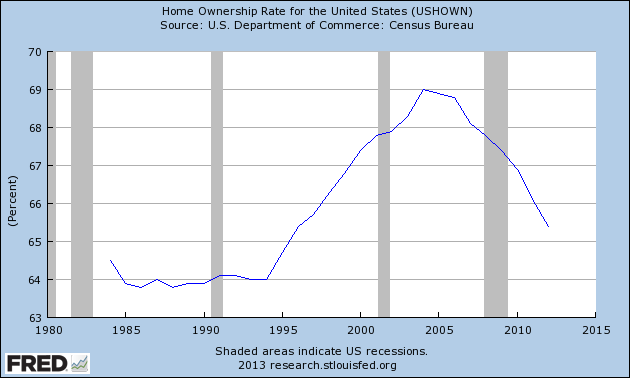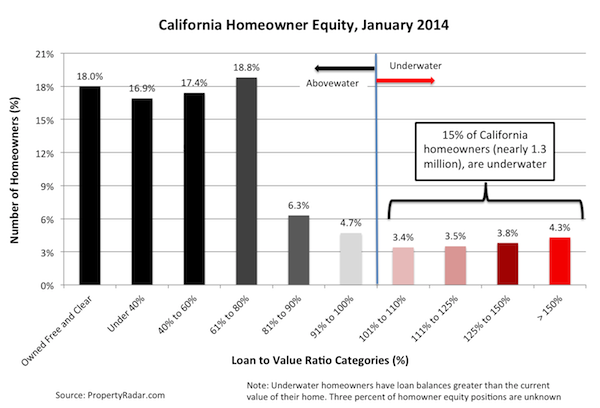Over the last few days Warren Buffett released his annual letter to shareholders as well as did a few interviews. Here are some of the highlights.
- Ukraine doesn’t matter – I agree.
- The stock market is NOT being manipulated – I agree.
- The US Economy is OK, but it will be fine. – Disagree. As per my mathematical & timing work, we will have a severe bear market and a recession over the next 3 years.
- Railroads will do very well in the future – hmm, OK, check out some railroad stocks everyone.
- Bitcoin is a speculative BS – I agree
Whether or not you agree with Buffett or his policies, it always good to read or listen to one of the brightest minds on the face of this Earth. You can check his latest letter to shareholders here Berkshire Letters

Two days after publishing his annual letter to shareholders, Warren Buffett is on CNBC speaking with Becky Quick.
Equity fund managers Todd Combs and Ted Weschler will also be on later in an extremely rare appearance.
On Ukraine
Off the bat, Quick asked for his take on the tension in Ukraine.
Rather than addressing the turmoil directly, Buffett said that he does not consider these types of skirmishes when he invests in companies.
“I never really buy businesses based on macro factors,” he said.
He noted that he invested in his first business in the wake of the attack on Pearl Harbor.
On The Stock Market
Regarding the market itself, Quick asked if the mom-and-pop investor really could get a fair shot as some argue that the market is actually rigged.
Buffett was skeptical that the $20-plus-trillion stock market could actually be rigged.
“People should stop calling it the stock market,” he said. “It’s American business.”
On The U.S. Economy
“Exactly what’s been going on since the fall of 2009 continues,” he said, reminding us that he gets live updates from the 80+ companies he invests in. “Moderate but consistent growth for four and a half years. Every now and then we get excited about a speeding up and every now and again we worry about a double dip.
“In terms of what we see, it’s been almost a straight line, but not at the kind of slope that people would like. But not flat either.”
“We haven’t gotten wildly optimistic and we haven’t gotten wildly pessimistic,” he added, emphasizing that things have been pretty steady.
On Weather
“It’s certainly a factor,” he said. “Our railroads don’t work as well … and those things compound.”
“The biggest risk … to us would be earthquakes in New Zealand,” said Buffett recognizing that the hurricane insurance business has been very good to Berkshire.
On Selling Coca-Cola, Wells Fargo, And American Express:
“None of the stocks are forever but they’re for very long terms,” said Buffett to a question of when he planned on selling these stocks.
On IBM
A reader asked if Buffett felt he made a mistake with this stock.
“The financial performance has been pretty good but it’s been helped with low tax rates,” Buffett said, adding that there was a lot going on in the business due to cloud tech. “It’s fair to say I know less about the future of IBM than I do about Wells Fargo or Coca-Cola. … In terms of the price action, that means little to me. The fewer the shares outstanding the better I like it. … I would like to see the revenues pick up.
“We bought a few more shares last year, but not many. We bought a few shares this year.”
On Railroads
Buffett’s still bullish on the industry
“The future of railroads is very good,” he said.
On The Keystone Pipeline
It’s a “very good idea for the country.”
“I’d vote yes,” he said later.
On Being Considered “Too Big To Fail”
Buffett says Berkshire has heard nothing from regulators about the derivatives on his book making his company TBTF. “We never have any significant short-term debt, we always have bundles of cash. … We’re large, but Exxon Mobile is large. … It’s very unlikely we’d be categorized like that.”
On Washington
“It’s more or less a stalemate,” said Buffett, who also said he can’t imagine things getting worse.
On Raising The Minimum Wage
“It really cuts both ways, you’d like to have people getting paid more but you also want more people employed. I could argue both sides. … What you really should do is increase the earned income tax credit. … I think you can accomplish way more through the earned income tax credit. … There’s trade offs on the minimum wage and you can do all these studies but they don’t know.”
The Greatest Thing Obama Can Do To Create Jobs
“Further fiscal stimulus would increase job growth,” said Buffett, “but you pay a price for that.”
Buffett also disagrees with the view that the Fed’s low-interest policy is exacerbating the issue.
Who’s doing a better job cleaning up their mess? — Obama or BofA CEO Brian Moynihan
“Brian Moynihan didn’t have to convince the United States Congress,” said Buffett.
On Ukraine as WWIII or the next Cold War
“The last thing you’d want to do is hold money during a war. … During WWII the stock market advanced. … You’re gonna be a lot better off holding productive assets over the next 50 years over stocks or bitcoin.”
On Bitcoin
“It’s not a currency,” he said. “I wouldn’t be surprised if it wasn’t around in the next 10-20 years.”
“It’s being priced off the dollar,” Buffett added. “It is not a durable means of exchange.”
On Todd Combs And Ted Weschler
“Todd and ted look at investments very much like I do,” he said, noting that they think about businesses rather than stocks.
“It’s a combination of soundness and brilliance,” he added saying that they think about the things that haven’t happened yet.
“They’ve made Berkshire billions already.”
Todd Combs, Ted Weschler and Tracy Britt Speak
“Ninety percent of things you can dismiss within five minutes,” said Todd Combs, who said he spends much of his time reading company filings.
“Know the situation; wait for the right price,” said Weschler on his investment process. “Be ready.”
On activist investing:
“The way some people use the word ‘shareholder value’ kind of puzzles me,” said Buffett, at Berkshire he wants to build sustainable earning power over time. He said this in reference to Carl Icahn’s push for Apple to buy back stock. He said that Apple’s refusal to go all the way with Icahn’s proposal was likely a sign that it was looking to do the same thing.
On an economic slowdown:
“My impression is that the American economy over the last five years has been moving at a steady rate, upwards.”
Buffett said that some sectors may not be doing as well, and the economy isn’t growing as fast as people would like.
Did you enjoy this article? If so, please share our blog with your friends as we try to get traction. Gratitude!!!

When Buffett Speaks Peasants Listen Google














